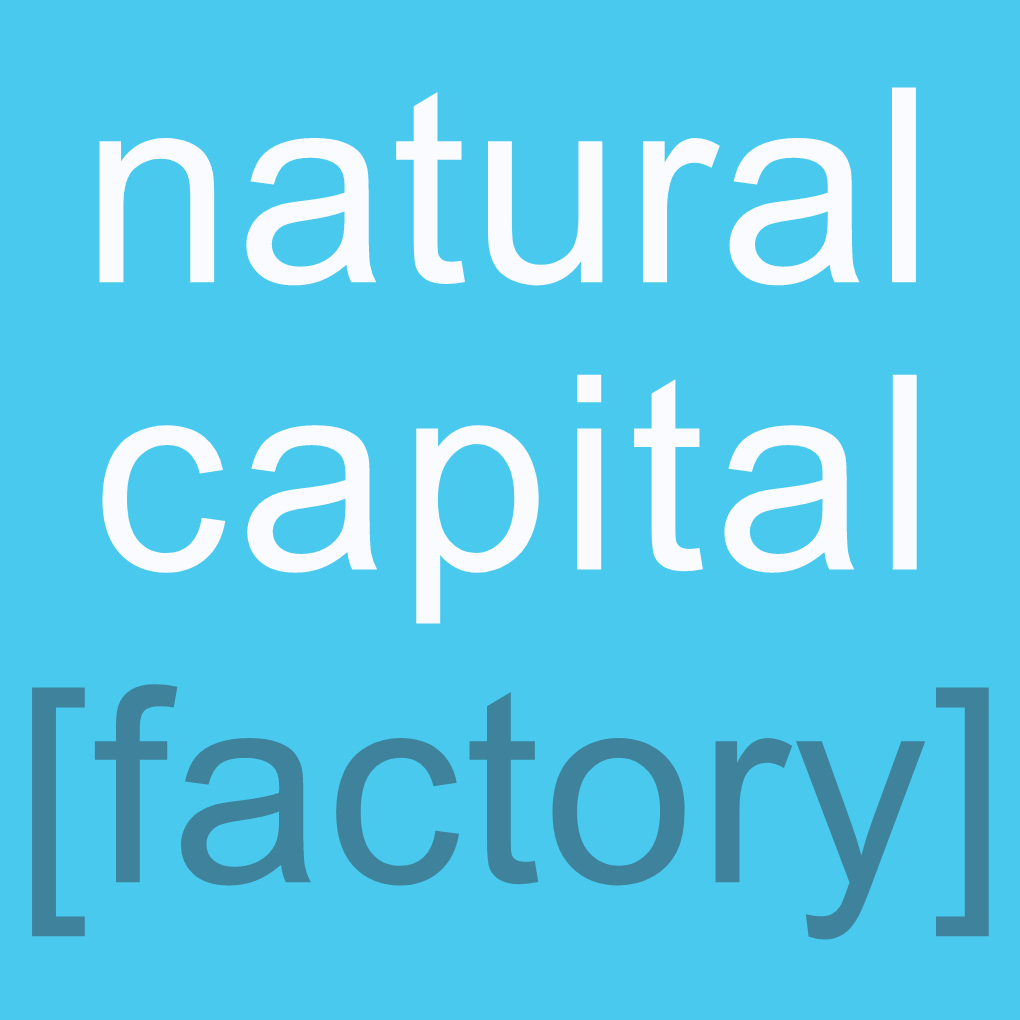
Exchange-Traded Deforestation
Exchange Traded Funds (ETFs) are booming, synthetic ETFs are re-surfacing and semi-transparent ETFs have recently emerged – but their structures hide entrenched deforestation risk from investors. Planet Tracker identifies the key decision makers for each instrument in the growing ETF universe and calls for specific actions from index providers, ETF sponsors and investors to eliminate hidden deforestation risk in their holdings or indices. Exchanged-Traded Deforestation, by Planet Tracker, focuses on deforestation as an example of natural capital risk embedded in equity markets and in ETFs in particular, but our findings and recommendations are applicable to other natural capital risks. Exchange Traded Funds (ETFs) offer liquid, cost and capital gains efficient investment products for investors to access a portfolio of underlying companies or track an index. ETFs, and their investors identified in this report, indirectly enable deforestation via investing in indices holding 380 publicly listed companies linked to deforestation. While some mutual funds are committing to address deforestation risk, ETF sponsors to date have not acted on sustainability statements by structuring instruments explicitly excluding equities linked to deforestation. Planet Tracker analysed 26 public companies involved in the production, processing and trade of soybeans and with links to deforestation. This report identifies USD 9.3 billion held by equity- based ETFs in these companies. The top 10 asset managers with underlying funds identified as investors in these ETFs include Bank of Montreal, Bank of America, Morgan Stanley, BlackRock, Goldman Sachs, Wells Fargo, UBS, Envestnet and Northwestern Mutual. El documento destaca que los fondos cotizados (ETFs, por sus siglas en inglés) están en auge, los ETFs sintéticos están resurgiendo y los ETFs semitransparentes han surgido recientemente, pero sus estructuras ocultan a los inversores el arraigado riesgo de deforestación. Planet Tracker identifica a los tomadores de decisiones clave para cada instrumento en el creciente universo de los ETFs y pide acciones específicas de los proveedores de índices, impulsores de ETFs e inversores para eliminar el riesgo de deforestación oculto en sus tenencias o índices. En concreto, Planet Tracker ha analizado 26 empresas públicas involucradas en la producción, procesamiento y comercialización de soja y con vínculos con la deforestación. Este informe identifica 9300 millones de dólares en manos de ETFs basados en acciones en estas empresas. Los 10 principales administradores de activos con fondos subyacentes identificados como inversores en estos ETFs son Bank of Montreal, Bank of America, Morgan Stanley, BlackRock, Goldman Sachs, Wells Fargo, UBS, Envestnet y Northwestern Mutual.



No Comments